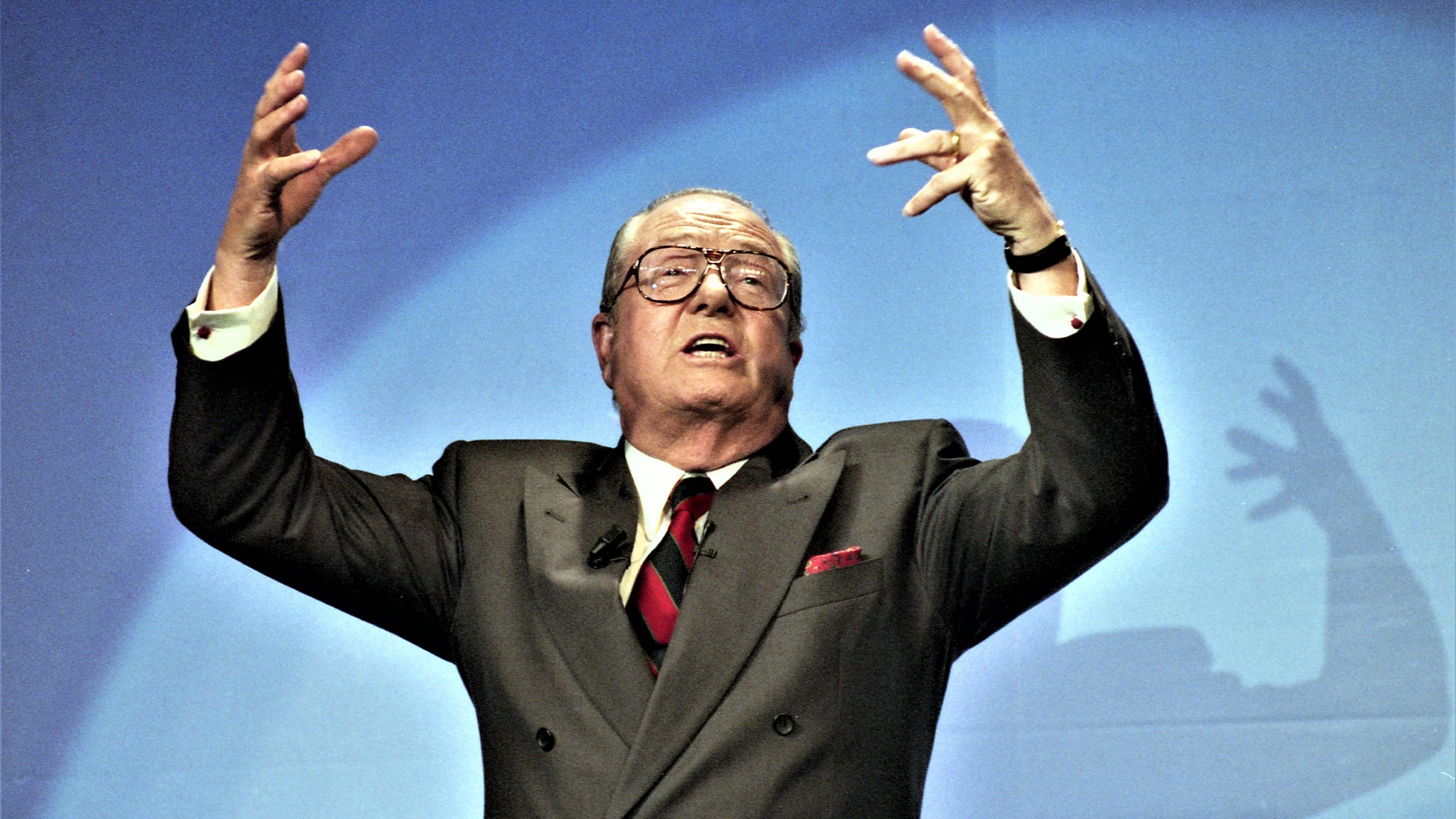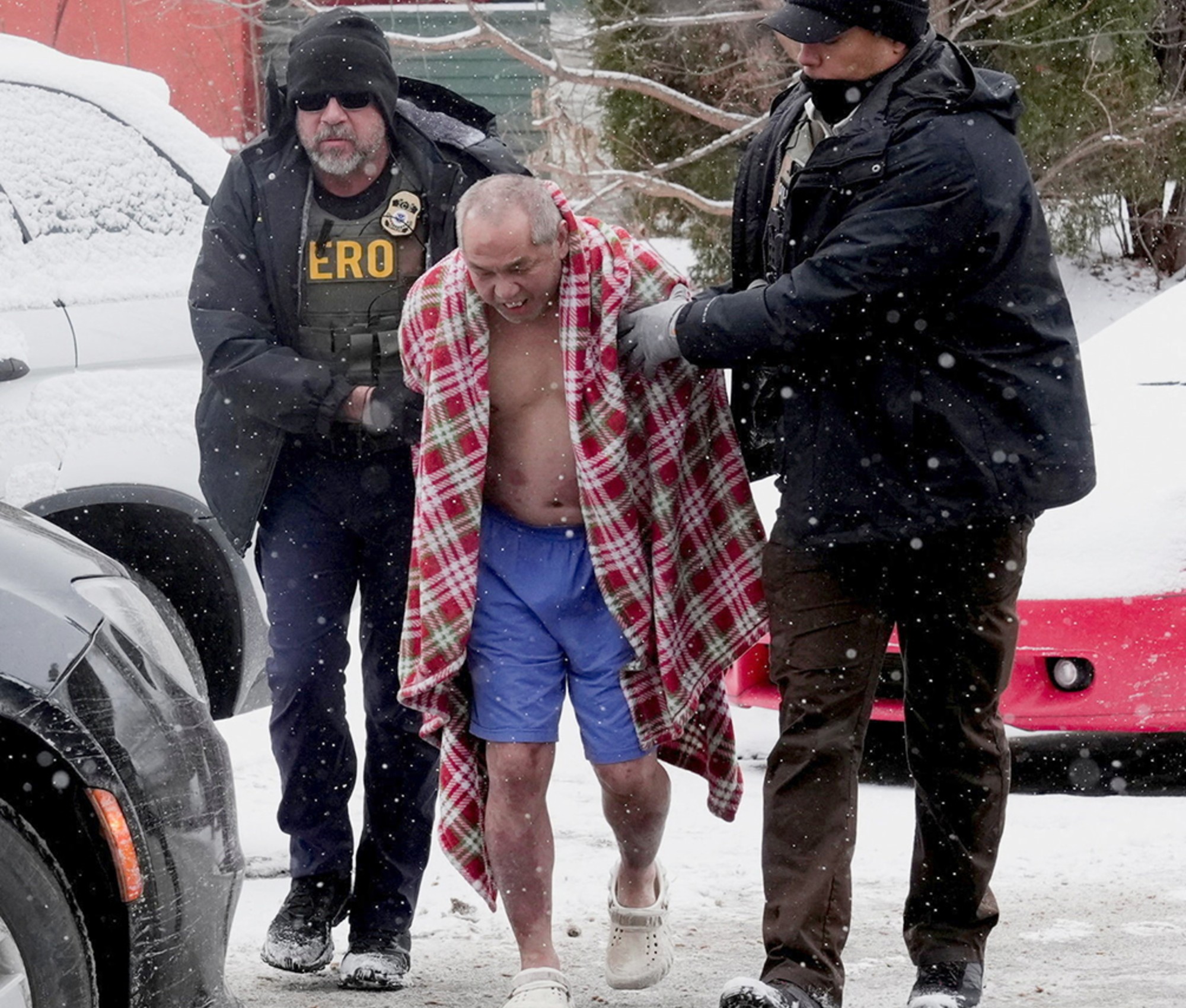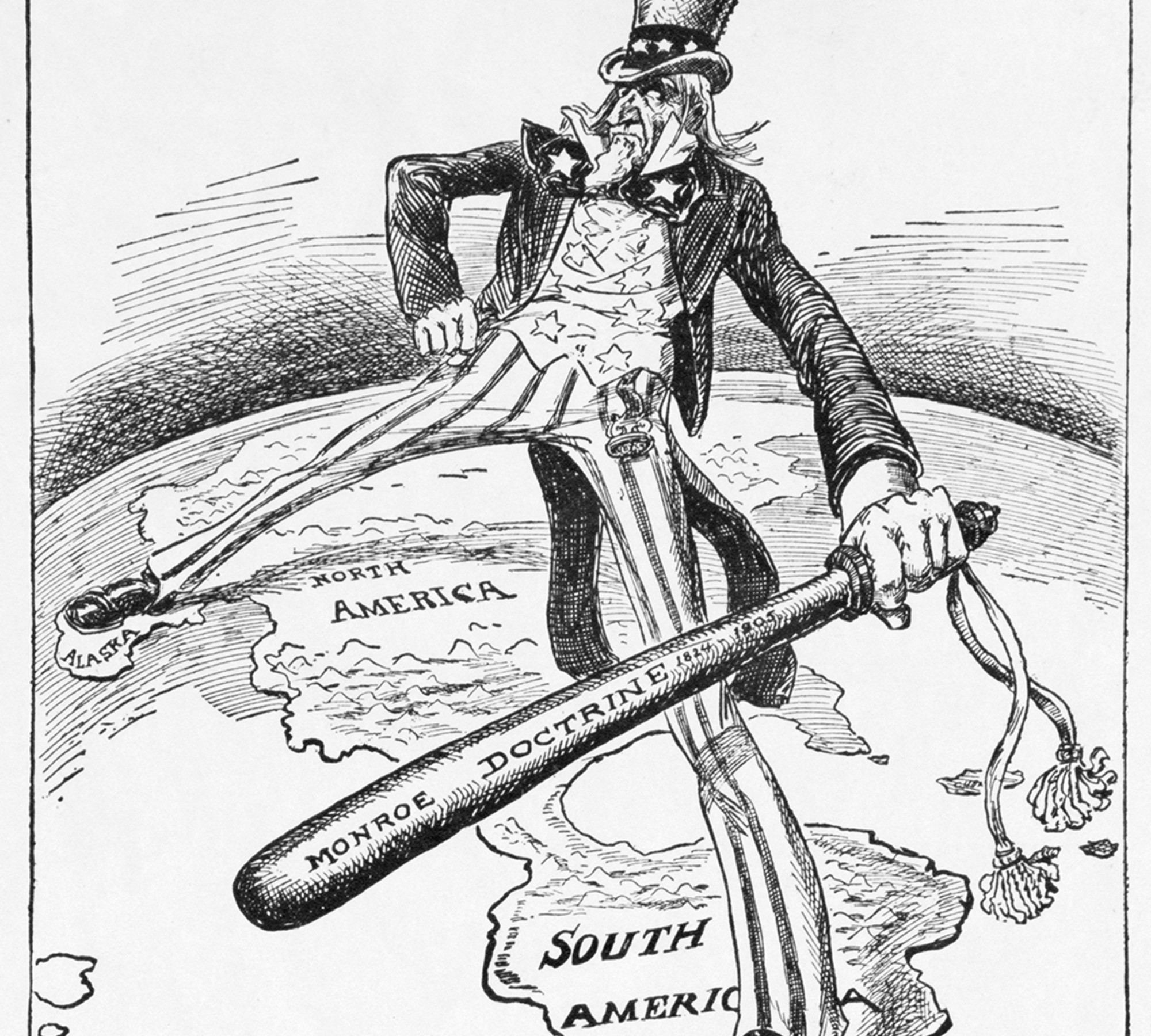Jean-Marie Le Pen: rabble-rousing co-founder of the French National Front
Once called the 'most hated man in France', Le Pen maintained that his ideas were simply 'ahead of their time'

A free daily email with the biggest news stories of the day – and the best features from TheWeek.com
You are now subscribed
Your newsletter sign-up was successful
Jean-Marie Le Pen, who has died aged 96, was a major figure in French public life, and a founder of the far-right National Front. A sometimes violent rabblerouser who claimed, like other extremists, to be merely saying the things that "others think but dare not put into words", he insisted that "the races are unequal", and that anyone with Aids was "a kind of leper", said The New York Times. He referred to the Nazi gas chambers as just "a detail" in the history of the War; and described the Nazi occupation of France – when 76,000 Jews were deported to death camps – as "not especially inhumane". Latterly, he'd embraced the "great replacement theory", which holds that a conspiracy is under way to replace Europe's whites with immigrant Muslims.
Millions were appalled by his views, but he commanded enough support to spend 30 years in the European Parliament, and he made five runs for the presidency. For the first decades of his career, Le Pen operated at the margins, said The Times. In 1974's presidential election, two years after the launch of the National Front, he won less than 1% of the vote. But his share rose to 15% in elections in the 1980s, said The Daily Telegraph, as the economy stumbled, heavy industries went into retreat and France's failure to assimilate its Arab immigrants started to bite.
Exploiting France's sense of "malaise", Le Pen rallied a broad coalition, made up of working-class voters in deindustrialised areas who believed that immigrants were taking "French" jobs; conservative Catholics; and city dwellers concerned by the levels of crime in the immigrant ghettos of the banlieue.
The Week
Escape your echo chamber. Get the facts behind the news, plus analysis from multiple perspectives.

Sign up for The Week's Free Newsletters
From our morning news briefing to a weekly Good News Newsletter, get the best of The Week delivered directly to your inbox.
From our morning news briefing to a weekly Good News Newsletter, get the best of The Week delivered directly to your inbox.
A compelling speaker, Le Pen sought to make his views seem reasonable. "What I resemble most," he said, "is an ordinary Frenchman." It paid off in 2002, when he unexpectedly beat the Socialist PM Lionel Jospin into third place in the first round of the presidential election, with 17% of the vote. He'd benefitted from the left-wing vote being split between multiple smaller parties, and was never likely to win the run-off.
Nevertheless, the result sent shockwaves through Europe, and led to mass protests and a campaign to persuade left-wingers to rally around President Chirac in the second round, though Chirac was immersed in a sleaze scandal. "Vote for the crook, not the fascist," ran the slogan. Chirac went on to win with a record 82%. Le Pen's career had peaked. He lost his seat in the European Parliament in 2003, following his prosecution for physically attacking a female Socialist politician; he came fourth in the 2007 election; and in 2015, he was expelled from the National Front by its new leader – his daughter from his first marriage, Marine Le Pen – for restating his views about the Holocaust. She had been trying to "detoxify" the party to make it more electable.
Jean-Marie Le Pen was born in Brittany in 1928. His father, a fisherman, was killed in 1942 when his boat hit a British-laid mine. His mother was a seamstress. In his teens, he was expelled from his lycée for troublemaking. After that, he moved to Paris, where he studied law, became involved in student politics – and fought street brawls with communists. Appalled by the threat to France's colonial empire, he joined the Foreign Legion, and fought in French Indochina.
He was elected to the National Assembly on a right-wing ticket in 1956; and the next year travelled to Algeria to take part in the Battle of Algiers, where there is evidence that he engaged in torture (he denied it). He helped launch the National Front in 1972, and served as its president until he retired in 2011. Renamed National Rally, the party is currently the second-largest in the National Assembly. Le Pen admitted to having been the "most hated man in France"; but surveying the rise of far-right parties across Europe, he liked to say that his ideas were simply "ahead of their time".
A free daily email with the biggest news stories of the day – and the best features from TheWeek.com
-
 Companies are increasingly AI washing
Companies are increasingly AI washingThe explainer Imaginary technology is taking jobs
-
 The 9 best steroid-free players who should be in the Baseball Hall of Fame
The 9 best steroid-free players who should be in the Baseball Hall of Famein depth These athletes’ exploits were both real and spectacular
-
 ‘Bad Bunny’s music feels inclusive and exclusive at the same time’
‘Bad Bunny’s music feels inclusive and exclusive at the same time’Instant Opinion Opinion, comment and editorials of the day
-
 Why the Gorton and Denton by-election is a ‘Frankenstein’s monster’
Why the Gorton and Denton by-election is a ‘Frankenstein’s monster’Talking Point Reform and the Greens have the Labour seat in their sights, but the constituency’s complex demographics make messaging tricky
-
 Greenland: The lasting damage of Trump’s tantrum
Greenland: The lasting damage of Trump’s tantrumFeature His desire for Greenland has seemingly faded away
-
 Minneapolis: The power of a boy’s photo
Minneapolis: The power of a boy’s photoFeature An image of Liam Conejo Ramos being detained lit up social media
-
 The price of forgiveness
The price of forgivenessFeature Trump’s unprecedented use of pardons has turned clemency into a big business.
-
 Reforming the House of Lords
Reforming the House of LordsThe Explainer Keir Starmer’s government regards reform of the House of Lords as ‘long overdue and essential’
-
 The ‘mad king’: has Trump finally lost it?
The ‘mad king’: has Trump finally lost it?Talking Point Rambling speeches, wind turbine obsession, and an ‘unhinged’ letter to Norway’s prime minister have caused concern whether the rest of his term is ‘sustainable’
-
 ICE: Now a lawless agency?
ICE: Now a lawless agency?Feature Polls show Americans do not approve of ICE tactics
-
 Dominating the Americas
Dominating the AmericasFeature President Trump has revived the 19th-century Monroe Doctrine to justify his aggressive foreign policy.